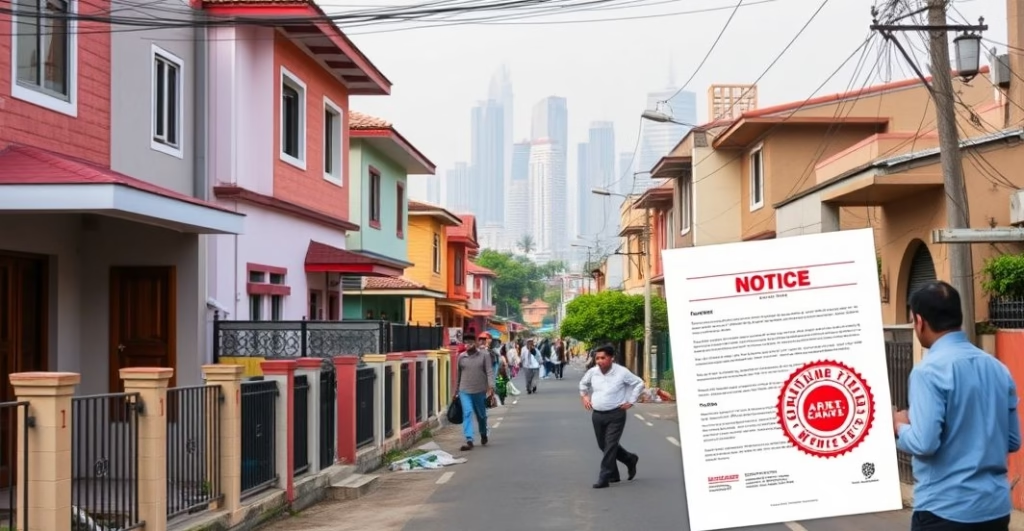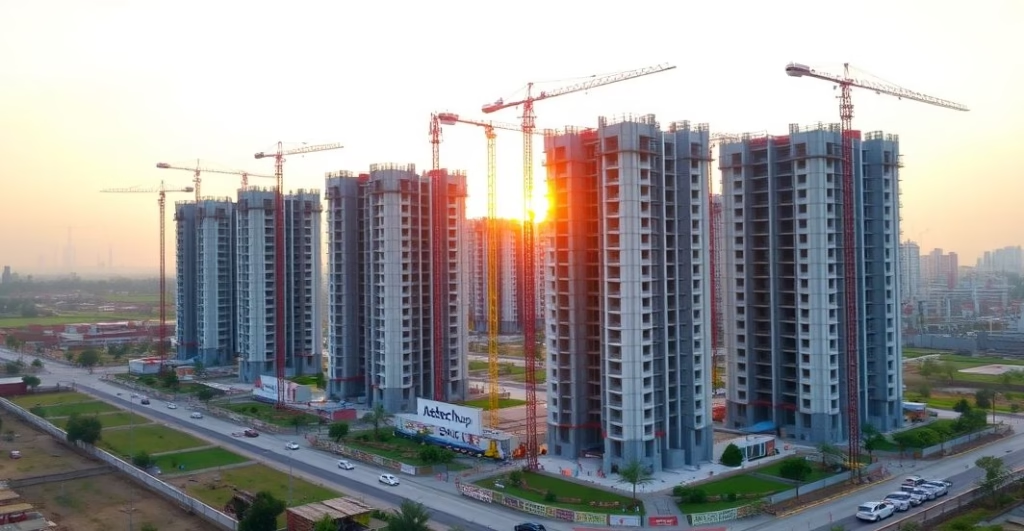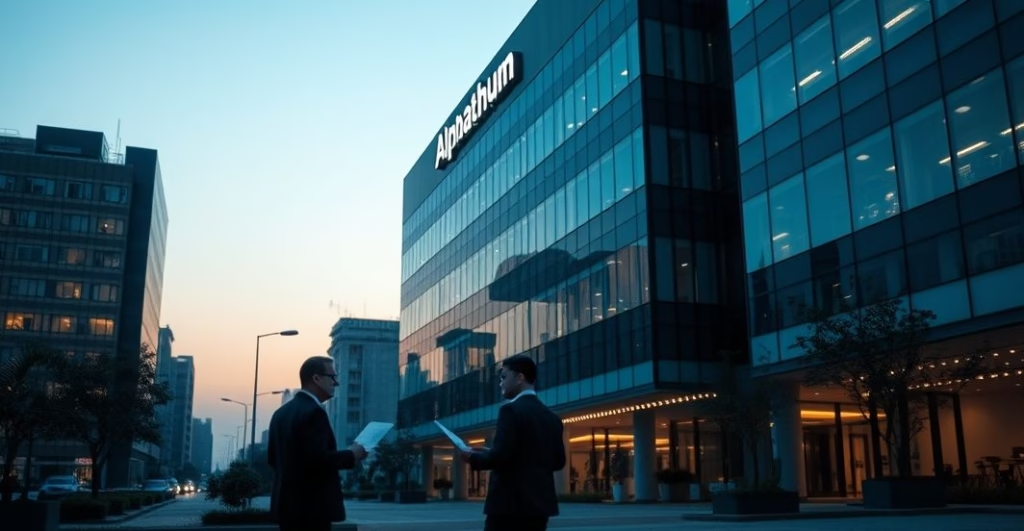Auto-published by Growwh – a smarter way to scale content and marketing. Want to know more? Chat with us.
Noida homeowners demand repeal of Section 10 after notices for minor verandah glazing, fences and doors. MLA intervention pauses new notices while policy is reviewed.
Noida homeowners seek relief from demolition notices
Noida homeowners in older sectors — including 22, 34, 12, 51 and 71 — have been issued notices under Section 10 of the Uttar Pradesh Industrial Area Development Act for seemingly minor modifications like verandah glazing, added doors and backyard fencing. Residents insist these are practical security or weather-proofing improvements, not major structural violations, while the Noida Authority cautions that deviations from approved plans can affect building safety.
A delegation led by RWA leaders approached the local MLA, who has asked the Authority to pause new notices until a revised policy is finalised, giving homeowners temporary relief. For context on how different parts of the city compare and where these sectors sit in the broader market, see Noida real estate location and Noida market overview for a quick primer on neighborhood and market nuances.
Why residents are pushing for change
Under the current provision, the Noida Authority can issue notices, impose fines and even demolish unauthorised constructions. Residents argue the power was intended for large-scale or commercial violations, not routine household alterations. Many are calling for a regularisation policy that charges a reasonable fee for minor, non-structural works — similar to the DDA practice of charging a percentage of original permit fees for existing additions.
Practical steps for homeowners who receive notices
- Collect paperwork: original building plans, any past approvals and dated photos of the work.
- Coordinate with your RWA and local representatives to request a stay while policy is reviewed.
- Obtain a legal review and risk assessment — performing proper Legal due diligence for NRI property buyers in India style checks can help identify documentation gaps and local compliance requirements.
- Commission a structural inspection if there’s any doubt about the safety impact of the alteration.
- Consider negotiating regularisation fees or submitting a formal representation rather than removing the work immediately.
If a notice instructs removal, document the timeline and respond through formal channels. Residents who can demonstrate that an alteration is non-structural and done for safety or weather protection have stronger grounds to seek regularisation instead of demolition.
Policy outlook and next steps
MLA intervention has created a window for dialogue between RWAs, residents and the Noida Authority. The ideal outcome many seek is a transparent, tiered policy that distinguishes between dangerous, structural violations and minor household improvements — allowing regularisation on payment of reasonable charges while preserving building safety.
For homeowners, staying informed and proactive is essential. Follow local analysis and policy updates via specialist coverage and commentary — for ongoing insights, visit PropTrust real estate blogs and updates. Taking organized, documented action through your RWA and obtaining timely legal and structural advice will improve the chances of a fair resolution.
Key terms: Noida demolition notices, Section 10, Noida Authority, unauthorised construction, home extensions, regularisation policy.
This article was auto-generated as part of a smart content campaign powered by Growwh.com. Curious how we do it? Chat with us to learn more about our content automation systems.


